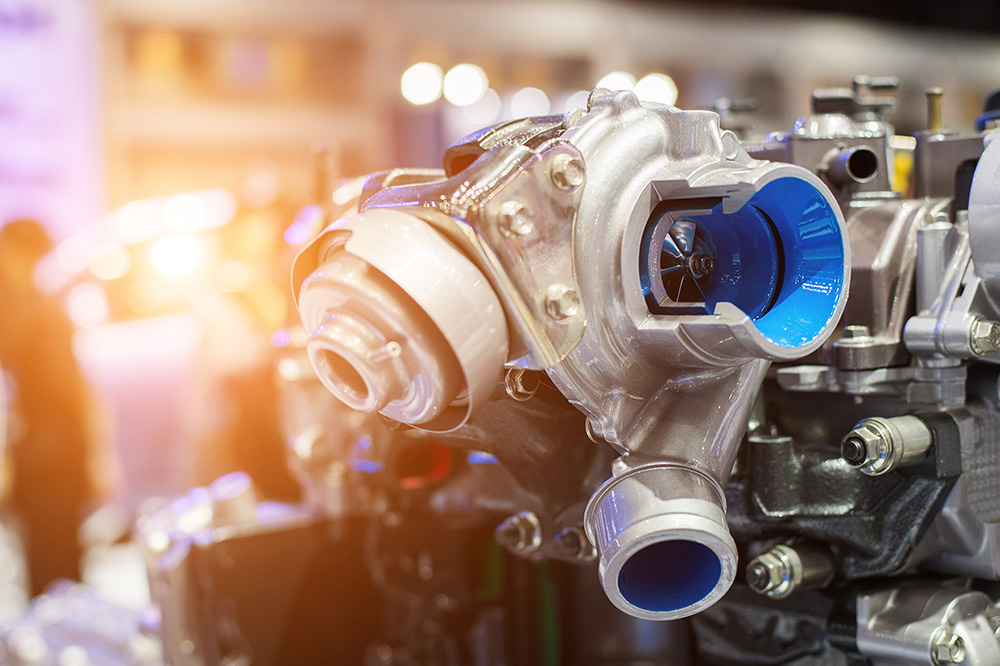
Turbocharger reconditioning is a professional service that involves replacing all faulty components of a turbocharger and replacing them with new parts.
It is not a basic repair that focuses on worn parts, instead, it is more complex and removes all faulty parts inside the turbocharger. The turbo housing is the only aspect that is kept the same during this process.
Turbochargers power the majority of diesel engines. Every turbocharger consists of a turbine and compressor. The turbine works by connecting to the exhaust manifold and is transported by exhaust gases. The compressor and turbine work together whereby the blades of the compressor absorb air in the intake circuit, this is then compressed and goes to the intake manifold.
A common question is the difference between a turbocharger and a mechanical compressor. A turbo uses exhaust gases whereas a mechanical compressor is driven by the crankshaft of the engine.
Despite having different processes, both increase air into the cylinders by compressing them. Air is produced at more quantity and higher pressure, but at the same volume which improves engine power.
The compressor has an immediate reaction, it is driven by the engine which increases fuel consumption. In contrast, the turbocharger has a turbo lag reaction time that does not affect consumption.
Turbo reconditioning is not a quick process and usually lasts 3 to 8 hours. It first consists of cleaning and identifying any turbocharger problems, as well as taking apart the existing turbocharger.
Faulty parts are then replaced and more checks are performed before turbo reconditioning can occur. The vehicle is checked one last time before being reassembled. Finally, the mechanic makes sure that the automobile is working properly.
Reconditioning an existing turbocharger can have many positive effects on the engine. However, it is not as beneficial as purchasing a new turbocharger that guarantees quality.
Still, both options have a 12-month warranty and it costs significantly less to recondition a turbo. You could end up paying three or four times the amount for a new turbo. So at least in the short term, maintaining your current turbo may be a cost-effective option.